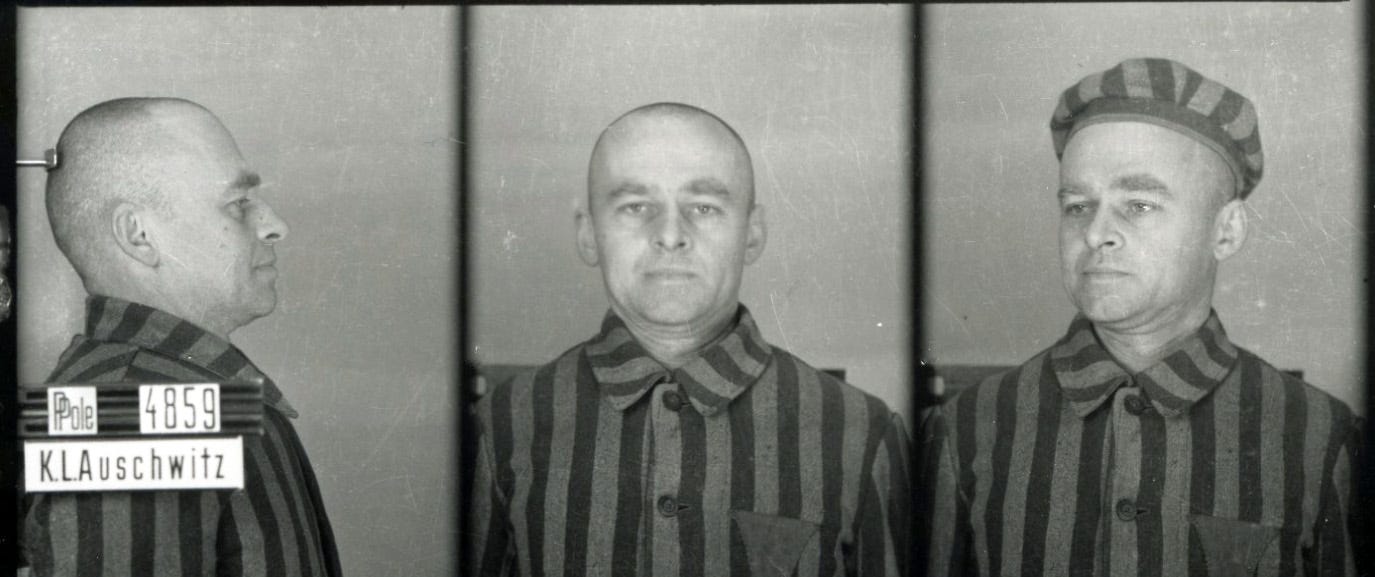All Over the Place: To Hell and Back
Issue 11: Witold Pilecki
1.1 million people were murdered by the Nazis in Auschwitz.
928 people attempted to escape.
196 people successfully escaped.
1 successfully escaped – after intentionally going there.
Witold Pilecki’s fate traces that of Poland in the first half of the 20th century, with all its ups and downs. He was born at a time when Poland was ruled not from Warsaw but from Vienna, Berlin and Moscow, and his grandfather had been sent to Siberia for supporting Polish independence. As a young adult, Pilecki fought in the wars that reestablished an independent Poland, and he had a successful life in the interwar period.
But about two decades after Poland reappeared on the map, in September 1939 it was wiped off the map by armies commanded from Berlin and Moscow. Ignoring orders to retreat to Hungary, Pilecki stayed behind to fight from within occupied Poland as a member of an underground partisan group.
When Nazis arrested several of the group’s members, Pilecki was ordered to go undercover and investigate a prison camp. A year after Poland was invaded, Pilecki went outside during a street roundup under the assumed identity of Tomasz Serafiński and was sent to Auschwitz.
While a prisoner, he organized a resistance movement among the enslaved laborers and passed information about the atrocities committed inside to the Polish government-in-exile in London. After three years in the camp, he escaped and made his way to Warsaw, coincidentally meeting the real Tomasz Serafiński (who was wrongly assumed dead) along the way. In Warsaw he continued his work for the Polish resistance movement as it shifted its focus to address the advancing tide of the Soviet army. He fought in the Warsaw Uprising, was captured by Nazis and sent to a different prison camp.
American forces liberated the camp in April 1945, and Pilecki returned to Poland to continue his work with the Polish underground resistance, now dedicated to fighting the communists occupying Poland. He was arrested by communist authorities, tortured, sentenced in a show trial, and then shot in the back of the head on May 25, 1948 – exactly 74 years ago.
While we still don’t know the location of his remains, and Poland’s communist government suppressed his story for decades, today he is recognized for his heroic efforts. The Warsaw Institute (whose research I have summarized here) calls him “A Flawless Hero,” and the European Parliament has declared May 25 to be the International Day of Heroes of the Fight Against Totalitarianism.
Today we remember his sacrifices - and those of millions more who fought and are fighting extremism, regardless of which side of the political spectrum it is on.
A Quote:
- Volodymyr Zelensky


